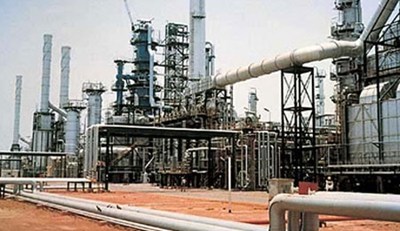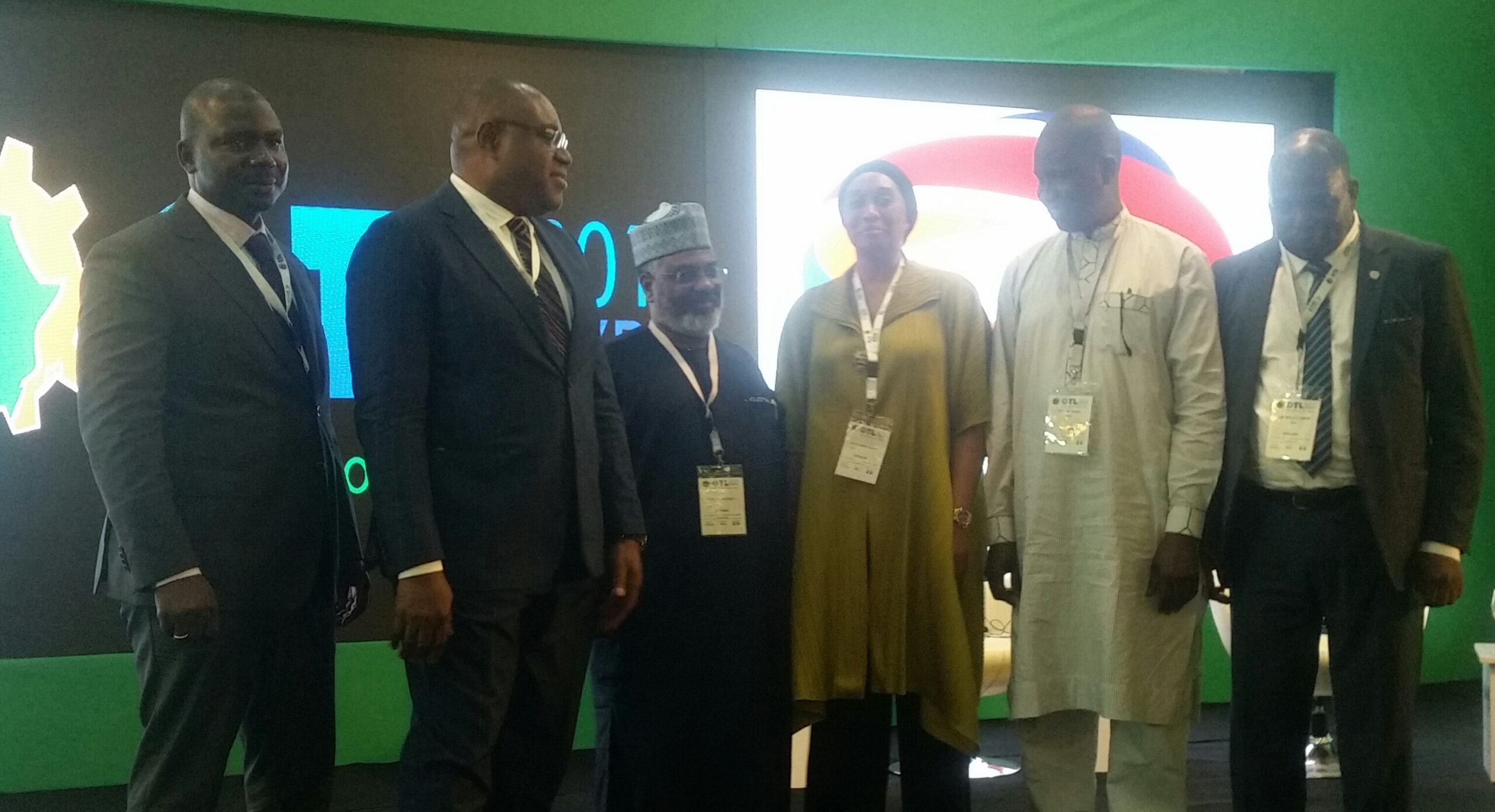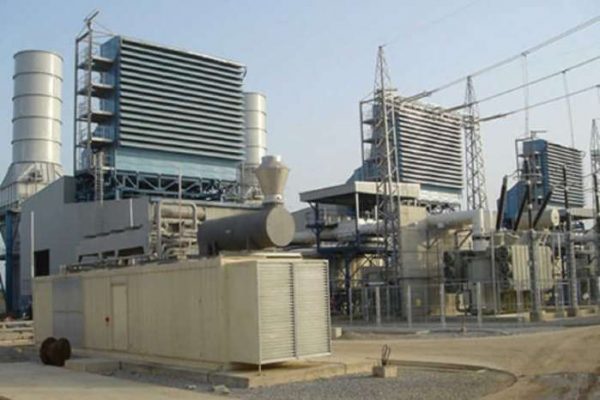Dangote To Take 400,000 Bpd Of Nigerian Crude
Dangote oil refinery is poised to process up to 400,000 barrels of crude per day (bpd) over the next two months and will reach full capacity in the coming months.
According to a cargo allocation list seen by Bloomberg, the 650,000 metric tons capacity plant near Lagos is set to receive approximately 24 million barrels of crude in October and November, signalling a shift towards utilising more domestic supply.
Ronan Hodgson, a London-based analyst at FGE, told Bloomberg that the increased demand from Dangote could significantly tighten the West African crude market in the fourth quarter.
Hodgson noted that this could push Nigeria’s crude exports below one million barrels per day due to the refinery’s substantial intake.
However, Bloomberg also reported that some of these shipments may face delays, with October’s schedule including two cargoes initially postponed from September. Despite this, the volume slated for the coming months is notably higher than the refinery’s average intake of 255,000 barrels per day in the first half (H1) of the year, as Dangote gradually scaled up its operations.
The massive refinery Is currently operating at 60-70 person capacity, with expectations to reach full capacity within months, according to Vartika Shukla, chairman of Engineers India Limited, the project management firm overseeing the facility.
The latest allocations also suggest a reduction in Dangote’s purchases of US crude, traders said.
Earlier in the year, the refinery had imported millions of barrels of West Texas Intermediate (WTI) Midland crude but later re-sold some and halted plans for further acquisitions.
In a deal reached last month, Nigerian National Petroleum (NNPC) Limited agreed to supply crude to the refinery in exchange for exclusive rights to distribute the gasoline it produces.
Experts note that if Dangote continues to increase its processing rates, Nigeria may be closer to achieving its long-anticipated goal of reducing expensive imports of refined oil products.
“As the refinery boosts production, the need for gasoline and diesel imports in West Africa will diminish rapidly,” Hodgson said.
Meanwhile, the NNPC is ending its exclusive purchasing deal with Dangote Refinery, paving the way for other fuel marketers to source petrol directly from the facility.
Sources with knowledge of the matter told Premium Times that NNPC will no longer act as the sole off-taker, a move designed to promote competition and improve supply chain stability.
Marketers can now negotiate prices directly with Dangote Refinery based on market conditions, rather than relying on NNPC as the intermediary.
An NNPC official confirmed the development to Premium Times on Monday, saying, “Yes, it is true. We can no longer continue to bear that burden.”
Recall that when the Dangote Petroleum Refinery started processing petrol in September, the NNPC was the only entity allowed to buy and resell to marketers, who then distribute to others.
The NNPC announced that it would buy petrol from Dangote Refiner at N898.78 per litre and sell to marketers at N765.99 per litre, shouldering a subsidy of almost N133 per litre.
[10/8, 8:46 AM] Fortune Ulu: Brent hits $80, amid escalating Middle East conflicts
Oil prices continued their upward momentum on Monday, with Brent crude approaching $80 per barrel, extending last week’s sharp rise—the steepest since early 2023.
The surge is driven by escalating concerns over a broader Middle East conflict and the potential disruption of exports from the region, which plays a critical role in global oil production.
By 1316 GMT, Brent crude futures had increased by $1.09, or 1.4 percent, to reach $79.14 per barrel. Meanwhile, US West Texas Intermediate (WTI) crude climbed $1.15, or 1.55 percent,to $75.53 per barrel, having earlier spiked by over $2.
Last week, Brent surged over 8 percent, while WTI jumped 9.1 percent, as concerns grew that Israel might target Iranian oil infrastructure in response to an October 1 missile attack by Iran on Israeli territory.
On Monday, tensions escalated further as Hezbollah, an Iranian-backed militant group, fired rockets into Haifa, Israel’s third-largest city.
Meanwhile, Israel appeared ready to increase ground operations into southern Lebanon, coinciding with the first anniversary of the Gaza war, which has already intensified conflict across the Middle East. The situation has raised concerns that the U.S., Israel’s primary ally, and Iran, its key adversary, could be drawn into a larger-scale war.
However, ANZ Research downplayed the likelihood of an immediate significant impact on global oil supplies.
“We see a direct strike on Iran’s oil facilities as one of the least likely responses by Israel,” the research group stated, noting that OPEC’s spare capacity of 7 million barrels per day could cushion any disruptions.
The Organisation of the Petroleum Exporting Countries (OPEC) and its allies, including Russia, collectively known as OPEC+, are expected to begin increasing production in December, following a series of cuts in recent years aimed at propping up prices amid sluggish global demand.








